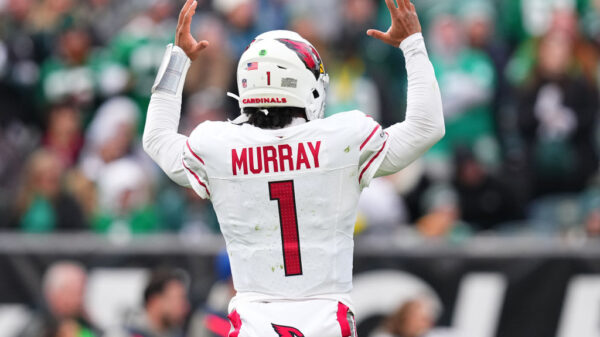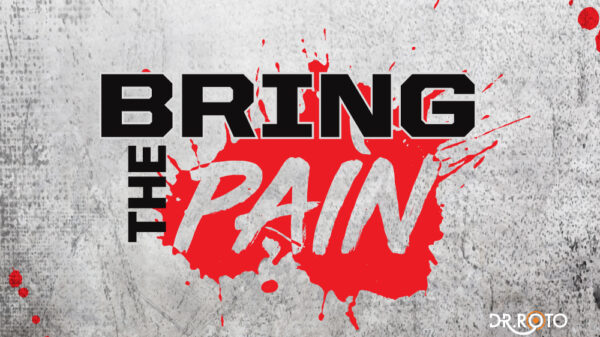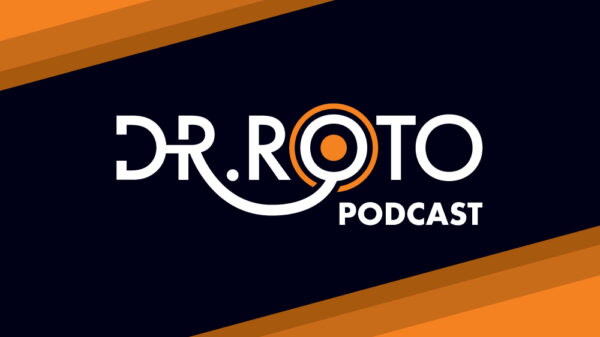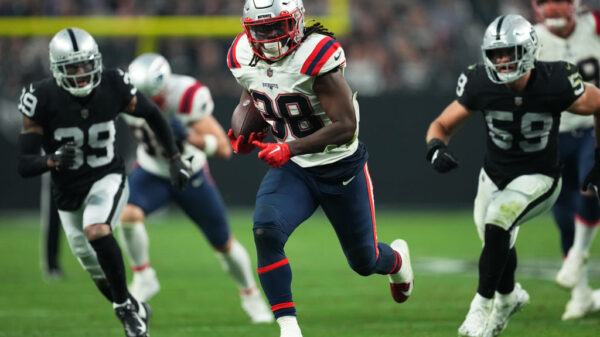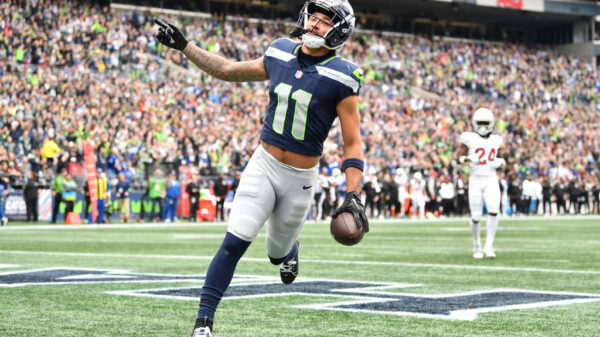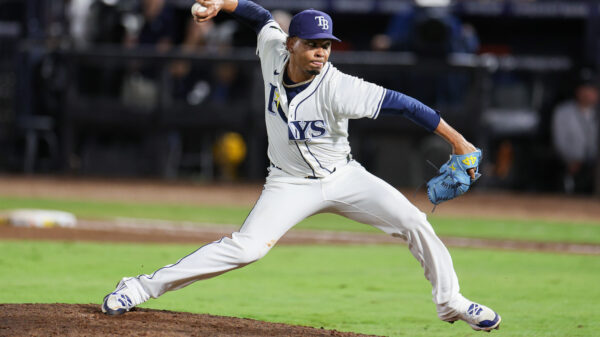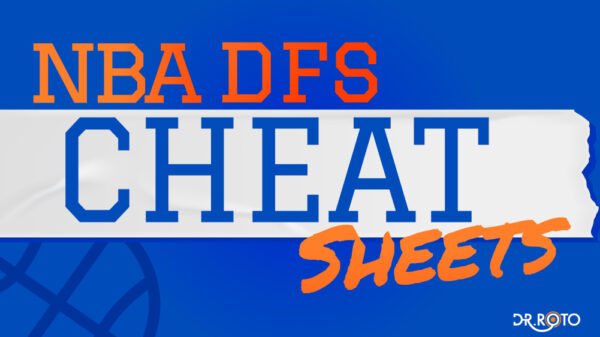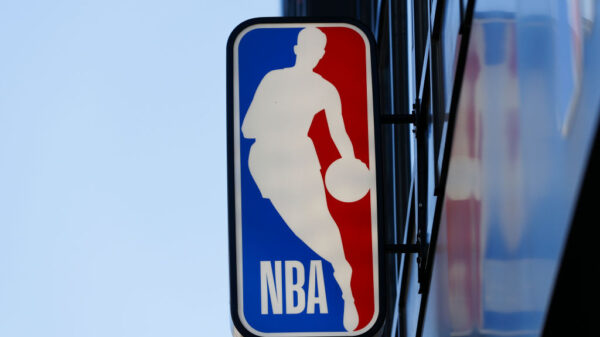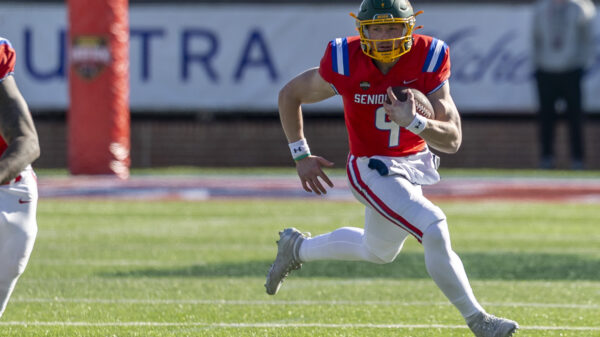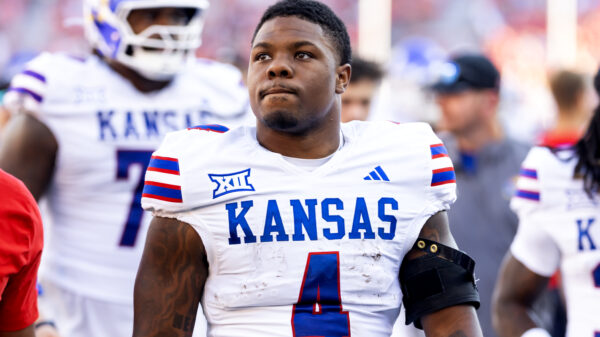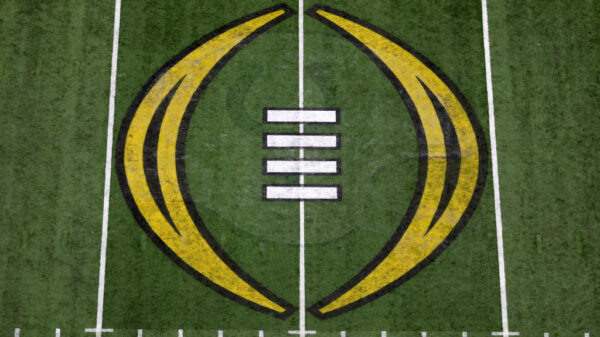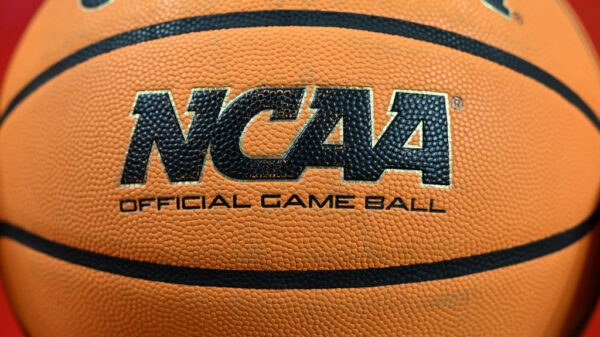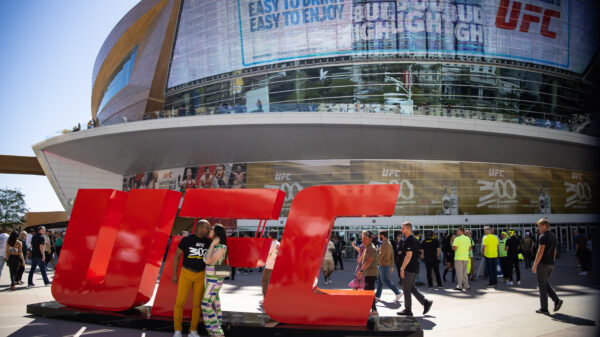Committee. Three syllables that can strike fear in the hearts of even the most seasoned fantasy football veterans. Running backs in today’s NFL are increasingly stuck in tenuous timeshares, leading to a lack of opportunity and fantasy points. That leads to a difficult decision on draft day: Do you bank on talent winning out over the long grind of a season, or avoid the risk of split carries entirely?
No two players represent this annual dilemma better than Aaron Jones and AJ Dillon. On their own, Green Bay’s two halfbacks are each everything a team could want: reliable rushers on the ground, difficult to tackle and capable pass catchers. Together, the pair are a major headache. Last season, Jones finished the season as the PPR RB13 while Dillon was RB21. On paper, it sounds like a fringe RB1 and a reliable RB2. However, the two both finished with 10 or more fantasy points in just a third of the games they played together; for either to thrive, it usually meant the other needed to struggle.
That level of variance in production has led to some concern during draft season. The once locked-and-loaded Jones can often be had as late as the early third round, while Dillon’s ADP on some sites has hovered around the 100 mark. Can managers trust either to outplay their current projections? Are the Packers the right fit for this two-headed monster? We don’t have many answers right now, but this uncertain backfield is worth a closer look.
State of the Packers
The impact of Davante Adams’ departure from the Packers this offseason cannot be overstated. The perennial All-Pro was football’s most targeted player since 2018, and his loss means Aaron Rodgers will have to find a new number one option at wide receiver. The problem is that the Packers have a fairly mediocre group of pass-catchers. Outside of Allen Lazard, a solid but unspectacular number-two type, Green Bay’s WR room is headlined by veteran Sammy Watkins and two rookies, Christian Watson and Romeo Doubs. While both Watson and Doubs possess talent, Rodgers typically shies away from entrusting first-year receivers with a heavy workload. Necessity might dictate a change from that approach, but for now it’s reasonable to assume that neither will make an immediate dent into Adams’ massive target share. The return of tight end Robert Tonyan gives the team a big target in the red zone, but he’s coming off a season-long injury and will probably need to be eased back into the offense.
With few viable options to catch so many passes, the next logical choice to become the Packers’ WR1 is their RB1. Jones has always been a skilled receiver, so much so that it seemed as if head coach Matt LaFleur was often content to give him under ten carries while keeping him heavily involved in the Green Bay offense. That level of reliance on work in the passing game can be dangerous; should the Pack get out to a big lead early, Jones might see his involvement decrease. However, his hybrid role also keeps him relevant when the team is trailing, which could happen more often now that Adams is gone.
Dillon on the other hand is best described as a human bowling ball. The 6’0″, nearly 250-pound running back is a pain to tackle in the open field, a style of running that the team can rely on in short yardage and third-down situations. Dillon actually out-touched Jones in the red zone last season (39 to 34). Without Adams, someone LaFleur would scheme for even at the opponent’s one-yard line, there should be even more opportunities for Dillon to score. The opportunity to act as the potential number two option on a great offense is rare for most running backs, let alone one most managers perceive to be a backup. Even if he repeats last year’s production, Dillon is still a steal if you can get him in the sixth or seventh round. Anything more is gravy, but also entirely possible.
Frenemies
There is plenty of fear from Jones and Dillon owners that the pair will cap each other’s upside. While that is true to an extent, the Packers have molded their team around the two, and will feature them heavily. That’s a good thing in the long run for both backs.
Jones obviously has more to lose from a production standpoint if Dillon gets a bump in carries this year. Second in touchdowns (40) amongst all running backs since 2019, much of Jones’ value has come from work inside the 20. Losing a chunk of that to Dillon is worrying, but not cataclysmic. Never a true speed demon, some of Adams’ best work came on crossing routes and screens. That void can be filled by Jones, who is just as dangerous as Davante after the catch.
As for how the ground game will operate, LaFleur has referred to Jones and Dillon as “1A and 1A,” calling the pair two of the “premier backs in our league.” With that kind of endorsement, it wouldn’t be surprising to see Green Bay run the ball more than last season (17th in rush attempts). Given that both Jones and Dillon have no real weaknesses, that should mean they will be used somewhat interchangeably, although Jones is the superior receiver out of the backfield; in eight career games without Adams, he’s averaged 48.5 receiving yards per game. Should that rate stay the same this season, Jones achieving an average of 100 total yards a game is entirely possible, even if Dillon gets more carries.
Dillon has plenty of potential as well. If Jones were to miss time, he would immediately become a slam-dunk RB1. Just two games missed, as Jones had last year, could be enough to propel Dillon into the top 20 at his position. However, Dillon playing more could go a long way in keeping Jones healthy for a full 17-game season. It could cost Jones a top-five season, but it might guarantee he finishes no worse than a fringe RB1.
Some managers have stayed entirely away from the Packers running back room, but it might be a missed opportunity. Not only are the pair values at their current draft prices, but there’s plenty of upside available to both. Matt LaFleur is one of the game’s brightest coaches, and it’s a near guarantee he’ll find a way to scheme up plays for his two best offensive weapons. There is some risk here, but the ingredients are all there for a duo that could potentially rival Mark Ingram and Alvin Kamara in 2017. Fun fantasy times are ahead in the Frozen Tundra.

